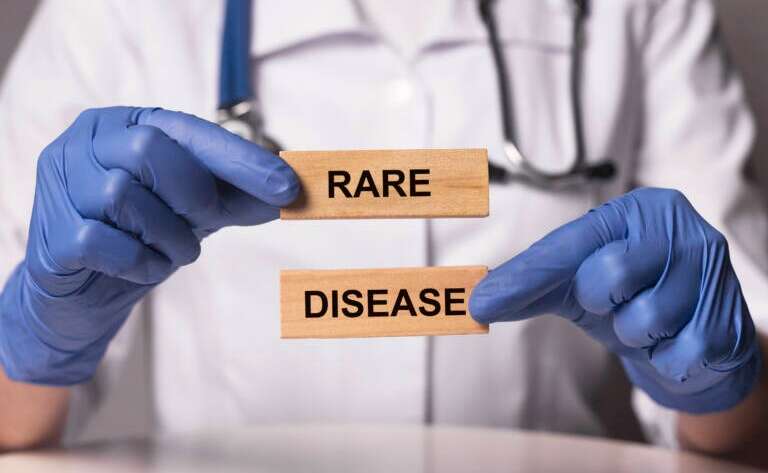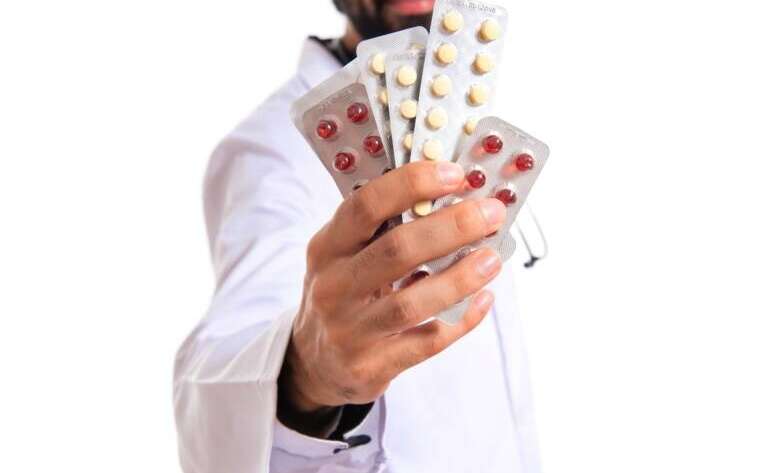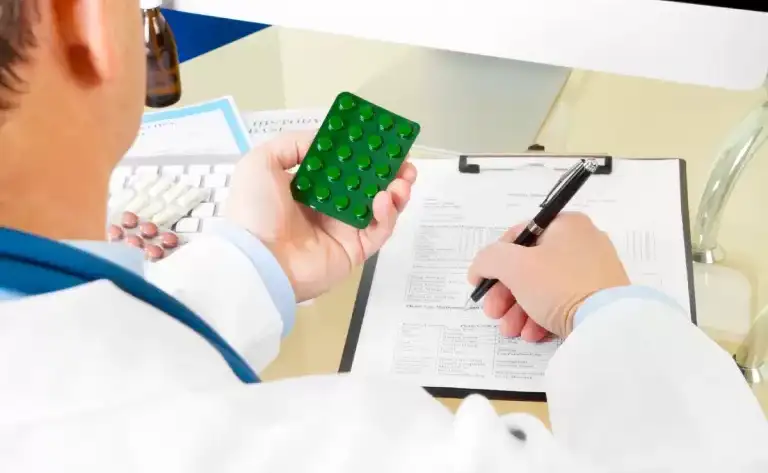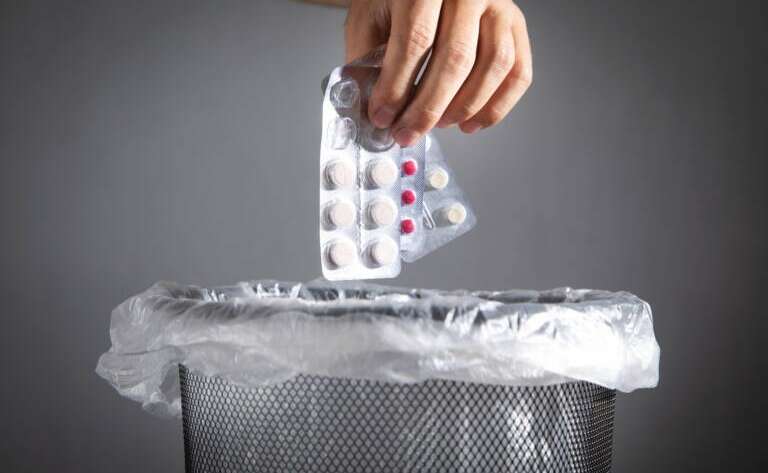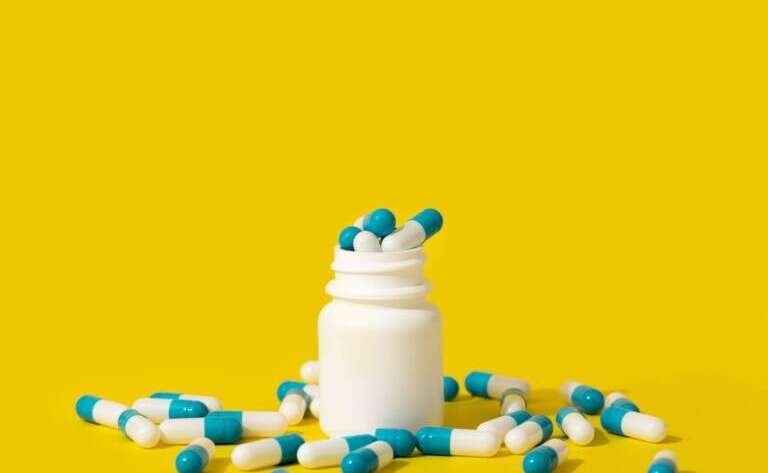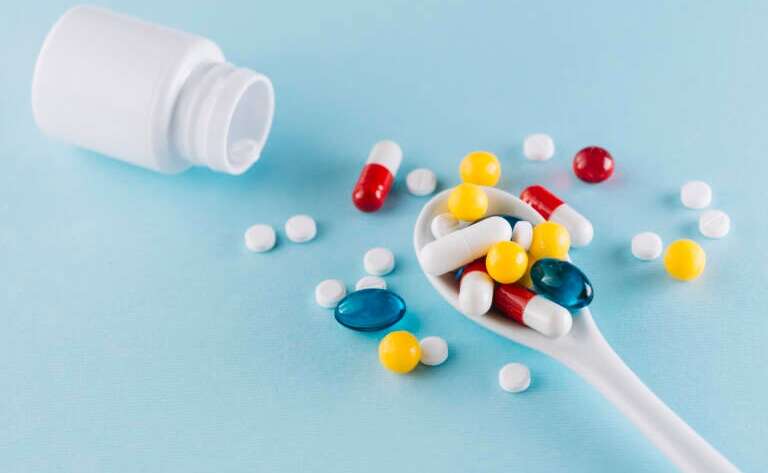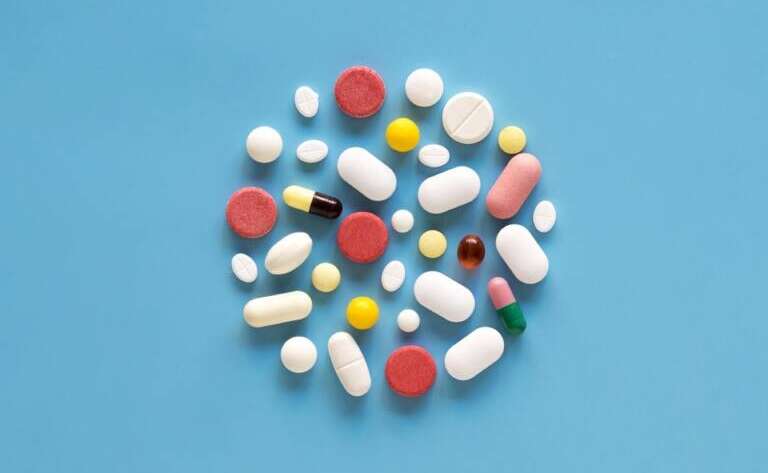Rare diseases, also known as orphan diseases, are medical ailments that impact fewer people in the community compared to other prevalent illnesses that are often encountered in the population. Due to rare occurrences rare diseases are defined with respect to the prevalence found in the population and varies in the various geographic areas. In the…
